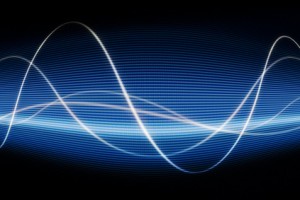Jonathan Morgan
 The end of summer is rapidly approaching, which means I’ve been catching up on my Internet movie watching (a luxury that classes and lab work don’t afford!). The last piece I watched was the most recent Issac Asimov Memorial debate. Asimov is best known for his science fiction novels- remember I, Robot, the 2004 Will Smith movie? That film was based on an Asimov story. But he was also an incredible scientist and thinker. A true polymath, Asimov wrote on everything from astronomy to Shakespeare, from chemistry to the Bible. If that wasn’t cool enough, he even has an asteroid named after him. Okay, that ends my Asimov shout-out.
The end of summer is rapidly approaching, which means I’ve been catching up on my Internet movie watching (a luxury that classes and lab work don’t afford!). The last piece I watched was the most recent Issac Asimov Memorial debate. Asimov is best known for his science fiction novels- remember I, Robot, the 2004 Will Smith movie? That film was based on an Asimov story. But he was also an incredible scientist and thinker. A true polymath, Asimov wrote on everything from astronomy to Shakespeare, from chemistry to the Bible. If that wasn’t cool enough, he even has an asteroid named after him. Okay, that ends my Asimov shout-out.
The Memorial debate is hosted by the American Museum of Natural History in honor of Asimov.* The purpose is to debate pressing questions at the scientific frontier. This year the debate was about the concept of nothing. Neil deGrasse Tyson** lead a panel of physicists, philosophers, and other thinkers in a discussion about the beginnings of the universe and how to think about nothing.


